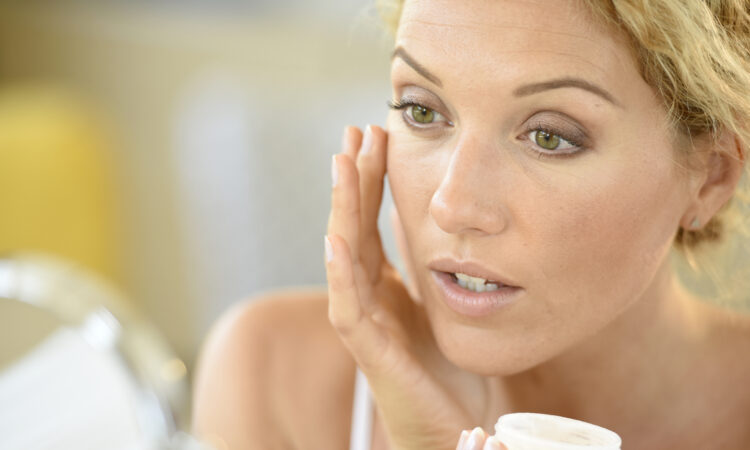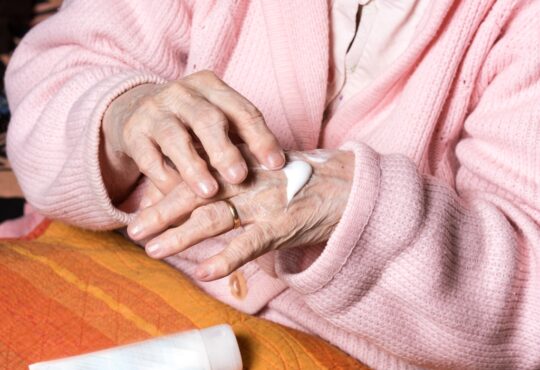
A daily skincare routine can help you improve skin health and get rid of particular problems like acne, scarring, and dark spots. A skincare routine has four basic steps you can do in the morning and at night, before going to bed.
- Cleanse: Pick a cleanser that doesn’t make your skin tight after washing. Clean your face twice a day, or just once, if you have dry skin and don’t wear makeup. Avoid washing for that squeaky-clean feeling because that would strip away some of your skin’s natural oils.
- Apply Serums: A serum with vitamin C or growth factors is best used in the morning. Apply the serum under sunscreen. At night, retinol or prescription retinoids work well.
- Use A Moisturizer: Even oily skin needs moisturizer, but use one that is lightweight, gel-based, and doesn’t block your pores. Dry skin may benefit from more cream-based moisturizers.
- Apply Sunscreen: Use sunscreen with at least 30 SPF. Apply it, 15 minutes before heading outdoors. Darker skin tones generally need more sun protection because hyperpigmentation is harder to correct
Choose products that fit the type of your skin and sensitivity. Remember to read all the labels.
Start with an essential and undemanding routine to see how your skin reacts. Once you’re comfortable, you can then add other products such as exfoliants, masks, and spot treatments to improve your skin’s health.
Two other points to keep in mind
- Stay hydrated.
- Change pillow covers once a week.
Avoid These Hacks
- Lemon Juice: It has citric acidic, but it’s far too acidic to be used on the skin. It can cause dark spots and can also dry and irritate your skin.
- Baking Soda: Baking soda has a pH value of 8. It will stress your skin. It will significantly decrease your skin’s water content and cause dry skin.
- Garlic: In raw form, garlic can cause skin allergies, eczema, skin inflammation, and watery blisters.
- Toothpaste: The ingredients in toothpaste may kill germs and absorb oil, but they can also dry and irritate your skin.
Some of these things may be all-natural and cost-effective, but they aren’t good for your skin. Even if you don’t see instant side effects, these ingredients can cause long-term damage. It’s best to use products that suit your skin type.






